Huge storm wreaks destruction in Fiji
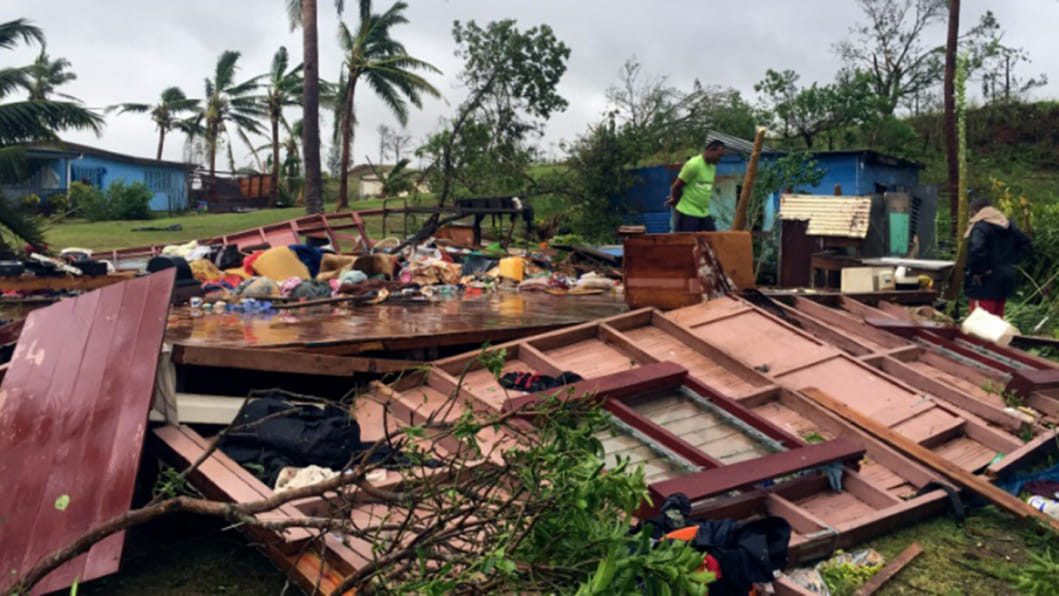
Authorities in Fiji are assessing the damage after the most powerful cyclone in the Pacific nation's history, which left one person dead.
Cyclone Winston brought winds of over 320km/h (200mph), torrential rain and waves of up to 12m (40ft).
It destroyed hundreds of homes and cut electricity lines. There are reports of entire villages flattened.
The government has opened about 750 evacuation centres and imposed a nationwide curfew.
The category five storm - the highest level - moved westward since making landfall at 18:30 local time (06:30 GMT) on Saturday in the north of Fiji's main island, Viti Levu.
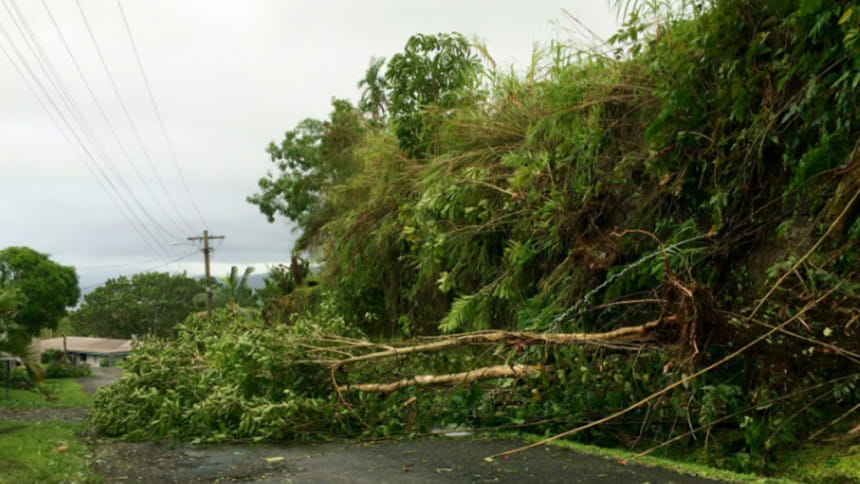
It changed direction at the last minute, sparing the capital Suva the full force of its winds, Reuters news agency reports.
More than 1,000 people were sheltering in evacuation centres on the second largest island of Vanua Levu, north-east of Viti Levu, as of Sunday morning, the Fiji Broadcasting Company said.
An elderly man died on the smaller Koro Island when a roof fell on him, officials said.
Some villages reported that all homes had been destroyed, Jone Tuiipelehaki of the UN Development Programme tweeted after the storm hit.
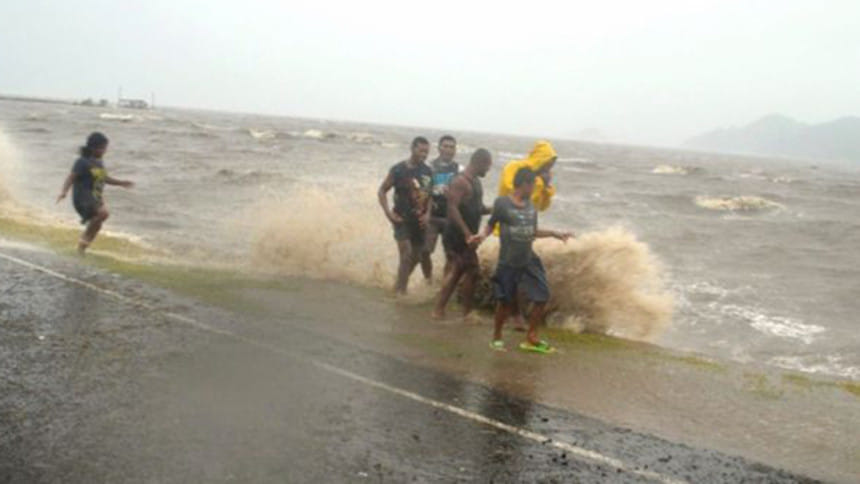
He said 50 homes in Navaga village on Koro Island had been reported ruined.
Meanwhile George Dregaso, of Fiji's National Disaster Management Office, told the Associated Press that about 80% of the nation's 900,000 people were without regular electricity supplies.
Schools have been ordered to shut for a week and airports remain closed.
Remote communities
The full extent of the damage across Fiji is still unclear, particularly as phone lines were brought down in the storm.
Save the Children Fiji chief Iris Low-McKenzie told AFP news agency that it was too early to assess the impact on remote islands, although unconfirmed reports said thousands of homes had been destroyed.
"I'm especially concerned about the remote communities in outlying areas that we haven't been able to contact yet," she said.
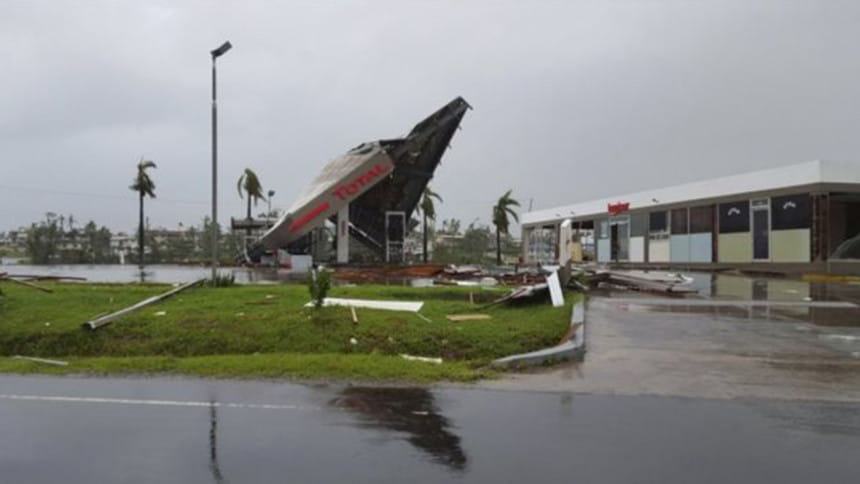
Assessment teams are being sent to the affected areas, the Fiji Times reports.
On Saturday, the government imposed a nationwide curfew and declared a 30-day state of national disaster, giving extra powers to police to arrest people without a warrant in the interest of public safety.
Before the storm landed, Prime Minister Frank Bainimarama warned that Fiji was facing "an ordeal of the most grievous kind".
"We must stick together as a people and look after each other. Be alert and be prepared."

 For all latest news, follow The Daily Star's Google News channel.
For all latest news, follow The Daily Star's Google News channel. 

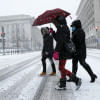
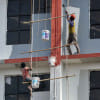





Comments